The Winners
If you’re looking for a new car and want to ensure the best quality right off the assembly line you might take a closer look at Lexus and Nissan. The two Japanese automakers topped the 2025 J.D. Power Initial Quality Study – which tallies up what owners have to say about their vehicles during the first 90 days of ownership.
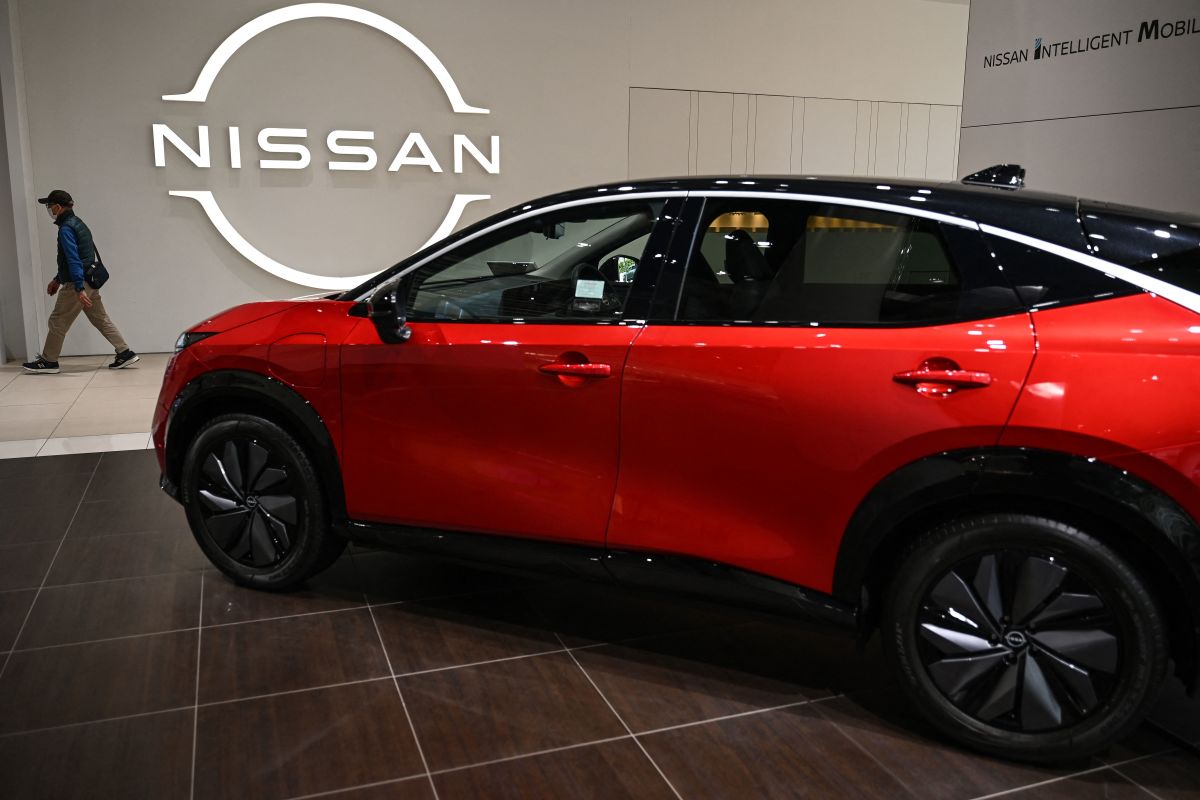
Getty
The IQS looks at the number of issues owners have experienced – everything from electronic glitches to faulty transmissions – tallied up as “problems per 100 vehicles, or PP100 in Power-speak. The lower the score the higher the quality. And by that measure, Lexus had a score of 166, making it both the best brand in the luxury category but tops overall. Nissan was surprisingly close behind, at 169 PP100, making it second overall and tops among mainstream brands.
And the Losers
The list of losers in this year’s IQS starts with Ram. Last year’s overall winner, the Stellantis truck division tumbled 24 spots in the overall ranking – among the 33 brands covered by the 2025 IQS. With a score of 218, it fell well below the industry average of 192 PP100, largely due to owner complaints about the Ram 1500, which went through a complete makeover for this model year. In general, all-new models, as well as those that went through a major redesign, tended to have more quality problems than carryover vehicles, the IQS revealed.
Ram 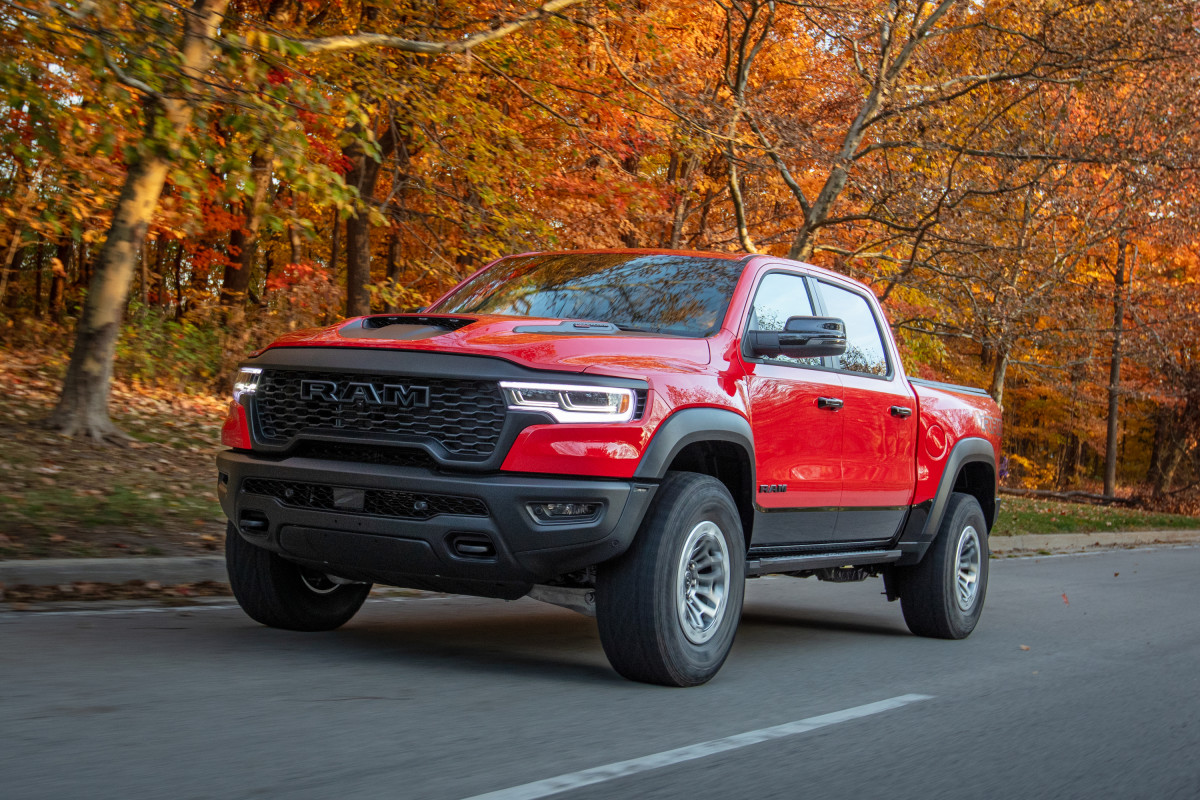
Audi anchored the list, with a score of 269 problems per 100, a 10% increase in owner complaints this year. And Volvo was again second-to-last, at 258 PP100, Infiniti doing only slightly better with a score of 242.
Rivian, actually, would have been dead last this year with 274 problems reported by owners. But it wasn’t officially rolled into the list “due to limited data,” said Power in a summary of the 2025 IQS results. Tesla, the biggest of the all-electric brands, was a mixed bag. It also was left out of the formal list since the automaker makes it difficult for Power to track owners in some states and then get them to fill out surveys. Based on the data it did get, however, Tesla had a score of 200. While still well below the industry average, the EV company managed to reduce the number of complaints substantially compared to 2024 when it had a score of 266.
Some Surprises
While Ram’s sharp tumble in the IQS rankings was easily the biggest surprise this year, there were a number of other unexpected findings. That started with Jaguar which this year is the fourth-ranked brand – just behind Korea’s Hyundai – with a score of 175 PP100. The British brand has a historical record of quality problems but has been working its way up the J.D. Power charts in recent years. It was ninth in 2024. As for why it’s doing so well? Jaguar has slashed its line-up to a few core products – all older models that it has had time to work out the bugs with, according to Power. The challenge will be maintaining quality when Jaguar begins rolling out a new range of EVs over the coming years.
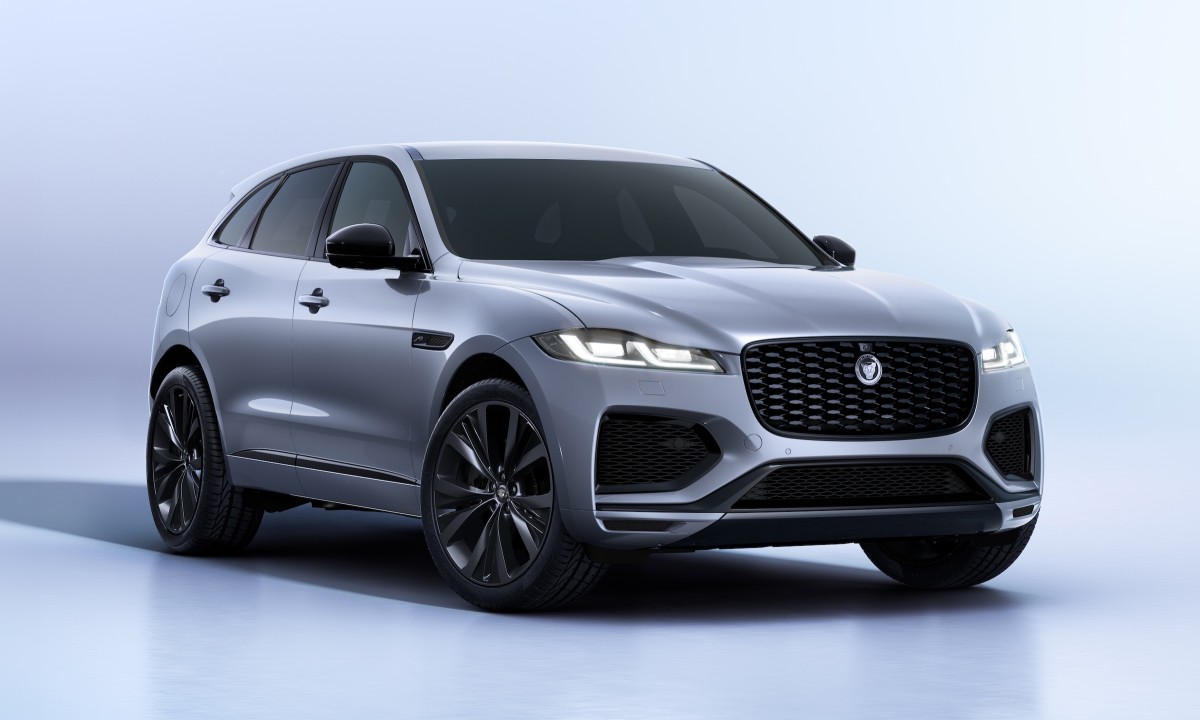
Jaguar
Then there was Dodge, the Stellantis muscle car brand. It scored the biggest turnaround on the IQS, going from dead last in 2024 to seventh this year. But there’s an asterisk here: Dodge was previously dragged down by problems with its little Hornet model. But the Italian SUV wasn’t included in the latest study due to a lack of data.
What Ticked Off Owners
The good news is that traditional, mechanical problems, such as faulty powertrains, have become increasingly uncommon with today’s vehicles. These days, high-tech features tend to be the biggest concern for motorists, notably faulty voice control systems. “While customers do find the larger touchscreens visually appealing,” said Frank Hanley, Power’s senior director of auto benchmarking, “owners find these things to be overly complicated and too distracting to use while driving. By retaining dedicated physical controls for some of these interactions, automakers can alleviate pain points and simplify the overall customer experience.”
James Riswick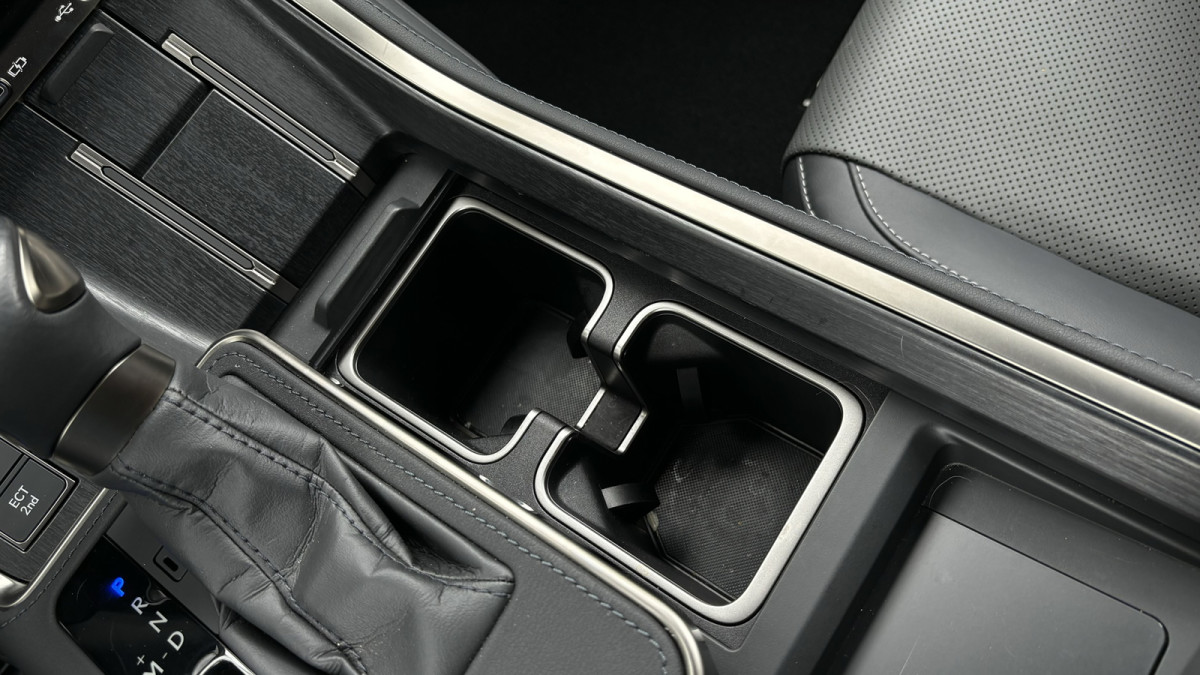
Another source of trouble? Cupholders. There are more than enough in most vehicles today. The problem, owners told Power, is that they’re often too small, or not flexible enough to handle the variety of beverage containers passengers bring into their vehicles: juice boxes, soda bottles, Big Gulps and Yetis. “While it seemed like manufacturers had cupholders figured out,” Power noted, they’re struggling to keep up with being able to accommodate all the different shapes and sizes that are increasingly available.”
Electrified Vehicles Cause More Problems
Conventional hybrids, like the Toyota Prius, have become increasingly common these days, and despite having more complex drivetrains they tend to create only slightly more problems than models running entirely on gasoline, an average 196 PP100 compared to 184, respectively.

Tesla
More advanced battery-based drivetrains still give motorists headaches, according the IQS. And, for the first time, plug-in hybrids were reported to have more issues – an average 237 problems per 100 vehicles – than pure battery-electric models. The lower score for BEVs, at 212 PP100, largely reflects the improvements made by Tesla this past year, Power reported.
The Top Models
As for the single best vehicle on the market, at least in terms of initial quality? The Porsche 911 which experienced just 116 problems per 100 according to its owners.
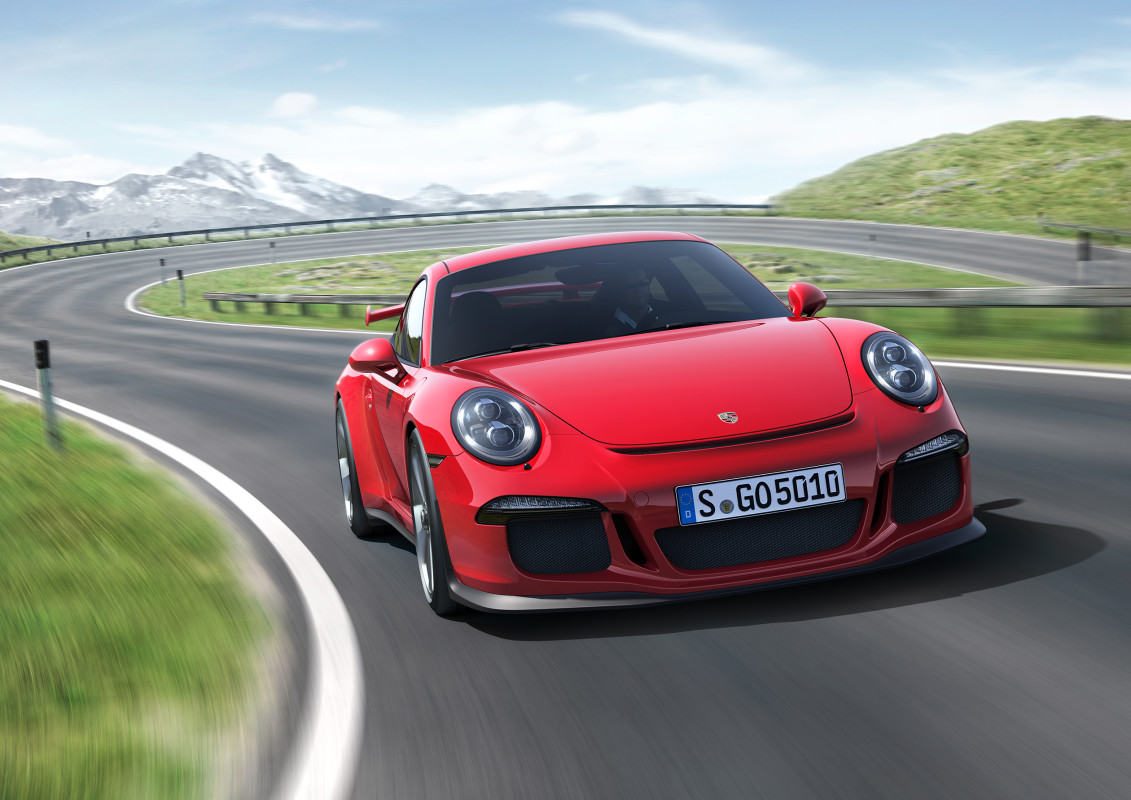
The IQS also breaks out the best models in 22 separate vehicle segments. Of these, General Motors had the most top-ranked products, a total of five, with Ford landing four, Honda another three.
Ford was the top-ranked brand, again with four segment winners, including the Super Duty named tops in the Large Heavy Duty Pickup category. Its F-150 had a tie in the Large Light Duty Pickup category with the Chevrolet Silverado. Chevy placed three segment winners, overall.